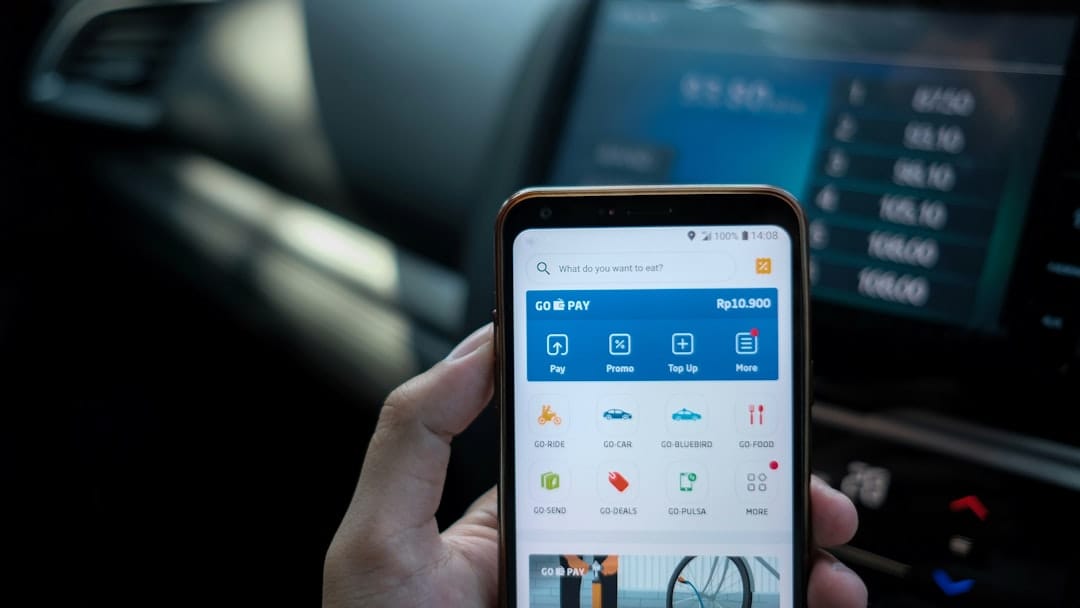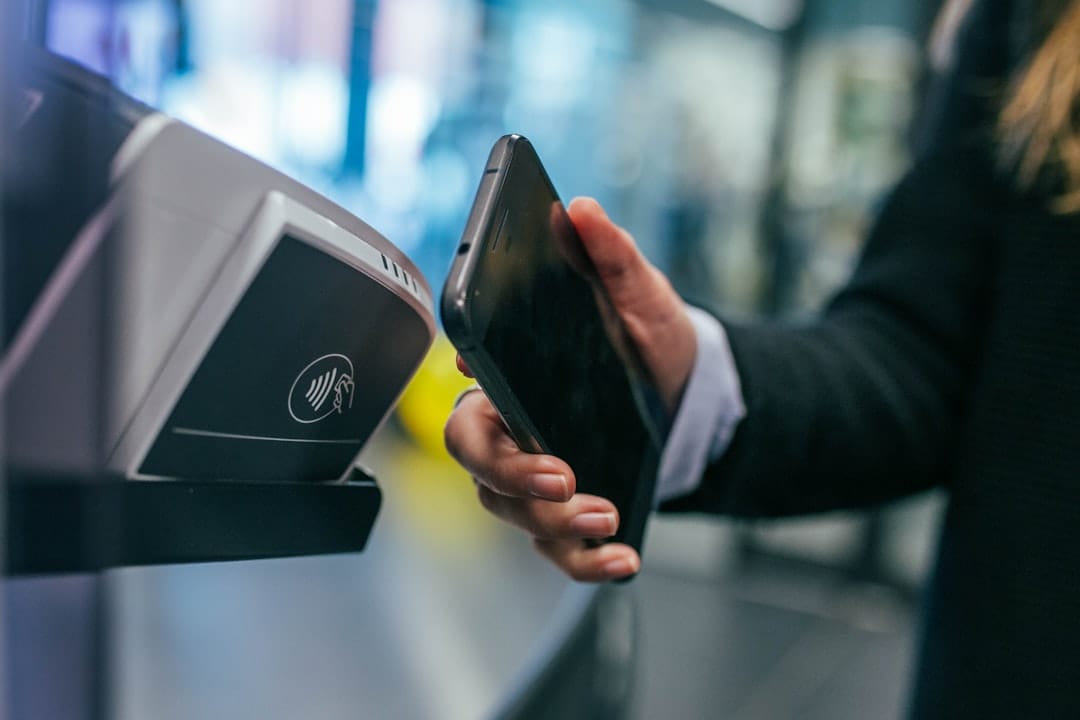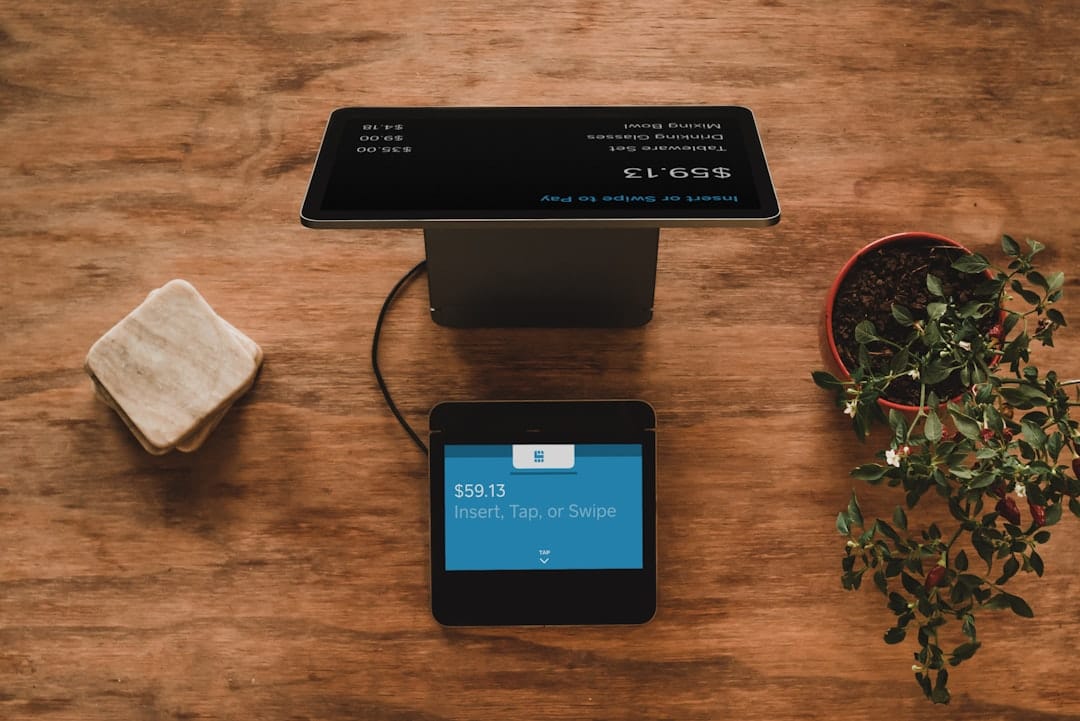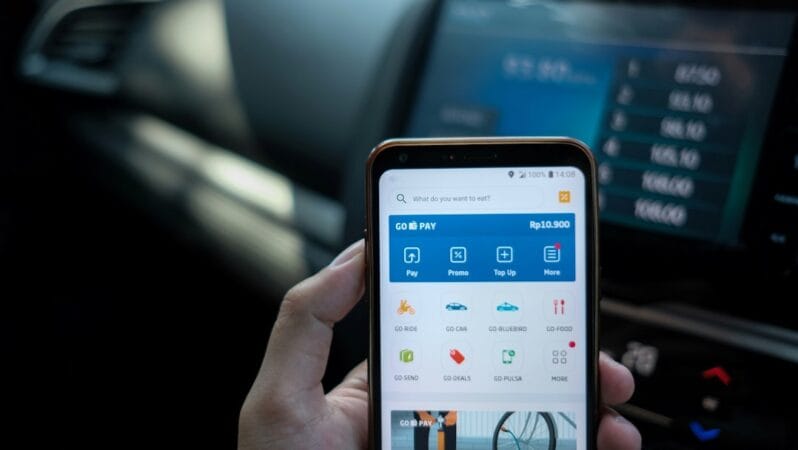The rapid development of financial technologies in recent years has radically changed consumer habits. Especially innovations in the field of fintech reveal how mobile payments have become a part of our daily lives. User experience stands out as one of the most important components of this transformation. There is no doubt that in the future, mobile payments will offer new possibilities to make our lives even easier.
Main Points
- Financial technologies strengthen the user experience.
- Mobile payments play an important role in everyday life.
- Future innovations will make financial transactions more accessible.

The Evolution of Mobile Payment Systems: How It Shapes User Experience
With the rapid development of technology, mobile payment systems have also evolved, profoundly impacting the user experience. These systems are becoming a part of the daily lives of more and more individuals every day. Whether shopping or paying bills, the convenience of mobile payments offers great advantages to users.
History of Mobile Payment Systems
Mobile payment systems date back to the late 1990s. Their first foothold was in simple SMS payments. But over time, with the proliferation of mobile apps and smartphones, these systems have become more comprehensive. Today, almost everyone has a mobile wallet in their pocket. So how exactly did this evolutionary process take place?
- First Applications: The first mobile payment applications were based on basic SMS messages. Users could make simple payments via their mobile phones.
- The Widespread Use of Smartphones: With the introduction of smartphones, interest in mobile applications has increased. Users started to prefer applications that offer more features.
- Contactless Payment Systems: The development of NFC (Near Field Communication) technology paved the way for the widespread use of contactless payments. These systems have made it easier for users to transact.
Impacts on User Experience
Mobile payment systems have brought a number of positive changes in shaping the user experience. These changes make the user’s shopping experience more fluid and enjoyable. Here are some of these effects:
- Easy Access: Thanks to their mobile wallets, users can easily make payments whenever and wherever they want. This speeds up the shopping process.
- Security: Modern mobile payment systems ensure that users’ information is protected thanks to advanced encryption techniques. This helps users feel more at ease.
- Loyalty Programs: Many mobile payment apps offer loyalty programs to reward their users. In this way, users have the opportunity to earn more.
In short, the evolution of mobile payment systems is making users’ lives easier. However, there are some issues to be considered in this transformation process. Security vulnerabilities can increase users’ concerns. Therefore, it is important for users to be careful when choosing mobile payment systems. It should be remembered that no matter how much technology advances, the user experience should always be at the forefront.

Innovations in Fintech: Future Roles and Opportunities of Mobile Payments
The fintech sector has experienced a major transformation in recent years. In particular, the rapid adoption of mobile payments plays an important role in this transformation. We can now shop with a smartphone in our pocket. No matter what industry we are in, change is inevitable. However, thinking about the future of mobile payments and innovations in this area raises many questions.
Rise of Mobile Payment Systems
Mobile payment systems have made it easier for users to access financial services. Users can make transactions with just a few taps. This saves both time and energy. However, the technology behind this convenience comes with its own challenges. For example, security concerns and accidental payments are common.
The Role of Mobile Payments in the Future
The future holds signs that mobile payments will become much more sophisticated. AI-powered algorithms will analyze users’ spending habits and provide them with customized financial recommendations. However, ethical issues and data security concerns also come to the fore at this point. Uncertainty remains about how users’ private data will be used and with whom it will be shared.
Opportunities and Challenges
The opportunities presented by mobile payments mean a huge market for fintech companies. However, alongside these opportunities, there are also challenges. Below is a table that examines the key opportunities and challenges in the future of mobile payments:
| Opportunities | Challenges |
|---|---|
| Increase user experience | Security concerns |
| Open up new markets | The uncertainty of regulations |
| Increase financial inclusion | Infrastructure deficiencies |
As a result, the importance of mobile payments in fintech is increasing day by day. However, continuous efforts are needed to make these systems secure and user-friendly. Because mobile payments are not just a trend, but an important part of our financial future.

User Trust and Mobile Payments: Digital Transformation in Money Transfer
The innovations of the digital world have transformed mobile payments. But with this transformation comes challenges. User trust is a critical factor for the success of these platforms. Because people do not turn to mobile applications without believing that their financial information is safe.
The Importance of User Trust
Trust is the most fundamental building block in any relationship, and this is also true for mobile payment systems. Users expect a system that protects their privacy and data in every transaction. However, news of fraud and data breaches in the digital space can undermine their trust in these apps. For example, several data leaks in recent years have led people to question whether their documents and credentials for mobile payment systems are secure. Therefore, it has become imperative that systems are constantly updated to increase their security.
Digital Transformation and User Experience
Digital transformation is not just a matter of technology. It is also a process that affects the user experience. When transferring money, users’ search for ease of transaction and speed directly affects the user experience. Users expect to be able to make transactions in a few clicks, and for the whole process to be simpler than an ordinary banking transaction. However, frequent technical glitches or complicated interfaces reduce users’ willingness to use such apps.
Security Measures and User Awareness
Mobile payment systems should implement a range of security measures to increase user trust. For example, two-step authentication and end-to-end encryption are important steps in protecting users’ financial data. However, such technological measures are not well known by users. Therefore, mobile payment applications can reinforce users’ trust in these systems by informing them about security measures.
In conclusion, user trust is an essential element for the success of mobile payments. Mobile systems need to continuously evolve, both in terms of increasing security and improving the user experience. Only in this way can we more effectively capitalize on the opportunities offered by the digital transformation process. For users to have a secure and convenient money transfer experience, these systems need to be built on a more solid foundation in every aspect.
Conclusion
In conclusion, the rise of financial technologies has revolutionized the mobile payments landscape. People’s shopping habits have changed and the use of cash has gradually decreased. However, the convenience and security measures offered by these new systems make users’ lives even more convenient. But with this change comes some challenges. Education and awareness are needed for users to adapt to these technologies. In conclusion, the Fintech sector and mobile payments have the potential to shape the economic structure of the future and it is important for all of us to keep up with these developments.
Frequently Asked Questions
What is Fintech?
Fintech refers to the combination of financial services with technological innovation. It covers services provided using software and digital platforms in areas such as banking, payment systems, investment and insurance.
How mobile payments work?
Mobile payments are financial transactions made through mobile phones. With mobile apps or wallets, users can store credit card details and make payments quickly and securely via QR codes or NFC technology.
What are the advantages of fintech and mobile payments?
Fintech and mobile payments have many advantages, including fast and easy transactions, low operating costs, improved customer experience and 24/7 access.
 Anasayfa
Anasayfa Canlı Borsa
Canlı Borsa Borsa
Borsa Döviz Kurları
Döviz Kurları Altın
Altın Hisse Senetleri
Hisse Senetleri Endeksler
Endeksler Kripto Paralar
Kripto Paralar Döviz Hesaplama
Döviz Hesaplama Döviz Çevirici
Döviz Çevirici Kredi Arama
Kredi Arama

 News
News






























































































